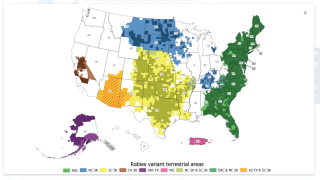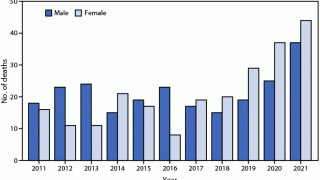Vaccine Hesitancy Impacts Dogs Too

A new study from the Boston University (BU) School of Public Health found that 53% of dog owners expressed some Canine vaccine hesitancy (CVH) about protecting their pets from disease.
This study highlights real-world concerns, as about 45% of US households own a dog.
Pre-published in August, this September 22, 2023 analysis considers the prevalence of CVH among dog owners. As Table 3 demonstrates, a significant minority of dog owners consider vaccines administered to dogs to be unsafe (37%), ineffective (22%), and/or unnecessary (30%).
About 37% of dog owners also believed that canine vaccination could cause their dogs to develop autism, even though no scientific data validates this risk for animals.
Furthermore, these researchers found that CVH is associated with rabies non-vaccination.
In the United States (U.S.), stray dog control programs initiated in the 1940s, combined with routine rabies vaccination of owned dogs, eliminated the canine rabies virus variant from circulation by 2008.
“The vaccine spillover effects that we document in our research underscore the importance of restoring trust in human vaccine safety and efficacy,” says study lead author Matt Motta, an SPH assistant professor of health law, policy, and management, in a BU press release on September 7, 2023.
“If non-vaccination were to become more common, our pets, vets, and even our friends and family risk coming into contact with vaccine-preventable diseases.”
The American Animal Hospital Association calls vaccinations “a cornerstone of canine preventive healthcare” and recommends that qualifying dogs receive a core set of vaccines for rabies, distemper, adenovirus, parvovirus, and parainfluenza, and advises that many dogs receive additional non-core vaccinations such as for Lyme disease and Bordetella.
In the U.S., the CDC issues regulations to control the entry of dogs from other countries.
The CDC recently extended its temporary suspension of dog importation from high-risk dog rabies countries until July 31, 2024. This suspension includes dogs arriving from countries without a high risk of rabies if the dogs have been in a high-risk country in the past six months.
Our Trust Standards: Medical Advisory Committee
























